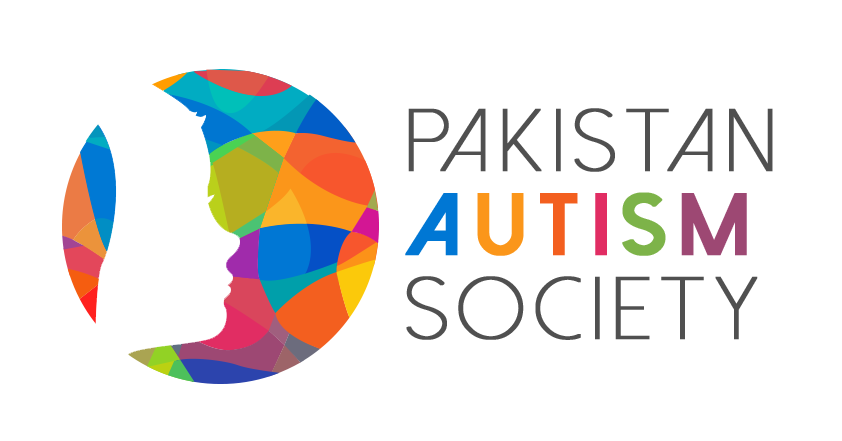Introduction
Autism Spectrum Disorder (ASD) is a neurodevelopmental condition characterized by challenges in social interaction, communication, and repetitive behaviors. Globally, early diagnosis and intervention have been recognized as pivotal in improving outcomes for individuals with autism. In Pakistan, however, early detection remains a significant challenge due to various sociocultural, educational, and systemic barriers. This article delves into the importance of early diagnosis of autism in Pakistan, the obstacles hindering timely identification, and the steps needed to address these challenges.
The Importance of Early Diagnosis
Early identification of autism allows for timely interventions that can significantly enhance a child’s development. Research indicates that interventions initiated during the early years can improve communication skills, social interactions, and adaptive behaviors. For instance, a study highlighted that therapy aimed at infants displaying early signs of autism reduced the likelihood of an autism diagnosis by age three .The Guardian
Current Scenario in Pakistan
In Pakistan, the awareness and understanding of autism are limited. A study assessing general practitioners in Karachi revealed that only 44.6% had heard of autism, and many held misconceptions about its symptoms and causes . This lack of knowledge among primary healthcare providers contributes to delayed diagnoses.PubMed
Moreover, cultural beliefs and stigmatization play a significant role in hindering early diagnosis. Many families perceive developmental delays as temporary or attribute them to spiritual causes, leading to reluctance in seeking medical advice .MRJ
Barriers to Early Diagnosis
- Lack of Awareness: Many parents and caregivers are unaware of the early signs of autism, leading to delays in seeking professional help.
- Limited Access to Trained Professionals: There is a scarcity of specialists trained in diagnosing and managing autism, especially in rural areas.
- Cultural Stigma: Societal stigma associated with developmental disorders discourages families from pursuing diagnoses and interventions.
- Financial Constraints: The cost of assessments and therapies can be prohibitive for many families, limiting access to necessary services.
Steps Forward
To address these challenges, a multifaceted approach is required:
- Public Awareness Campaigns: Educating communities about the signs of autism and the benefits of early intervention can encourage families to seek timely help.
- Training Healthcare Providers: Integrating autism education into medical curricula and providing continuous professional development can equip healthcare workers with the necessary skills for early detection.
- Policy Implementation: Developing and enforcing national policies focused on autism can ensure standardized care and support across the country.
- Financial Support: Government subsidies and insurance coverage for diagnostic assessments and therapies can alleviate the financial burden on families.
Conclusion
Early diagnosis of autism is crucial in ensuring better developmental outcomes for affected individuals. In Pakistan, overcoming the barriers to early detection requires concerted efforts from healthcare providers, policymakers, educators, and communities. By fostering awareness, reducing stigma, and improving access to services, Pakistan can pave the way for timely interventions that can transform the lives of individuals with autism and their families.
References:
- Therapy, early detection critical for alleviating autism symptoms. The Express Tribune. LinkThe Express Tribune
- Knowledge and attitude of general practitioners regarding autism in Karachi, Pakistan. PubMed. LinkPubMed
- Cultural Beliefs and Stigmatization on Early Diagnosis of Children With Autism Spectrum Disorder. Al-Mahdi Research Journal. LinkMRJ+1Life and Science+1
- Autism therapy aimed at infants may reduce likelihood of later diagnosis. The Guardian. LinkThe Guardian











